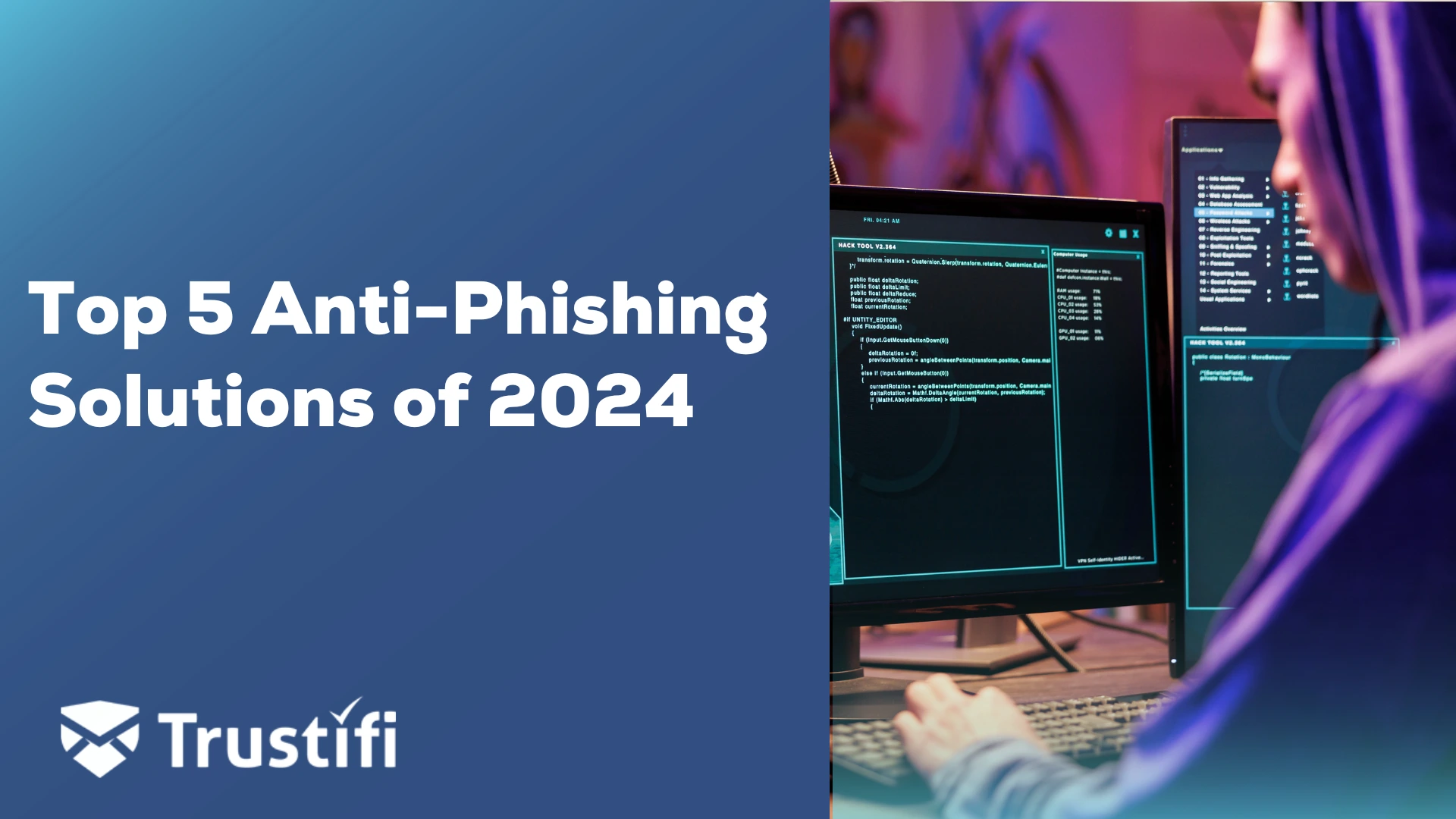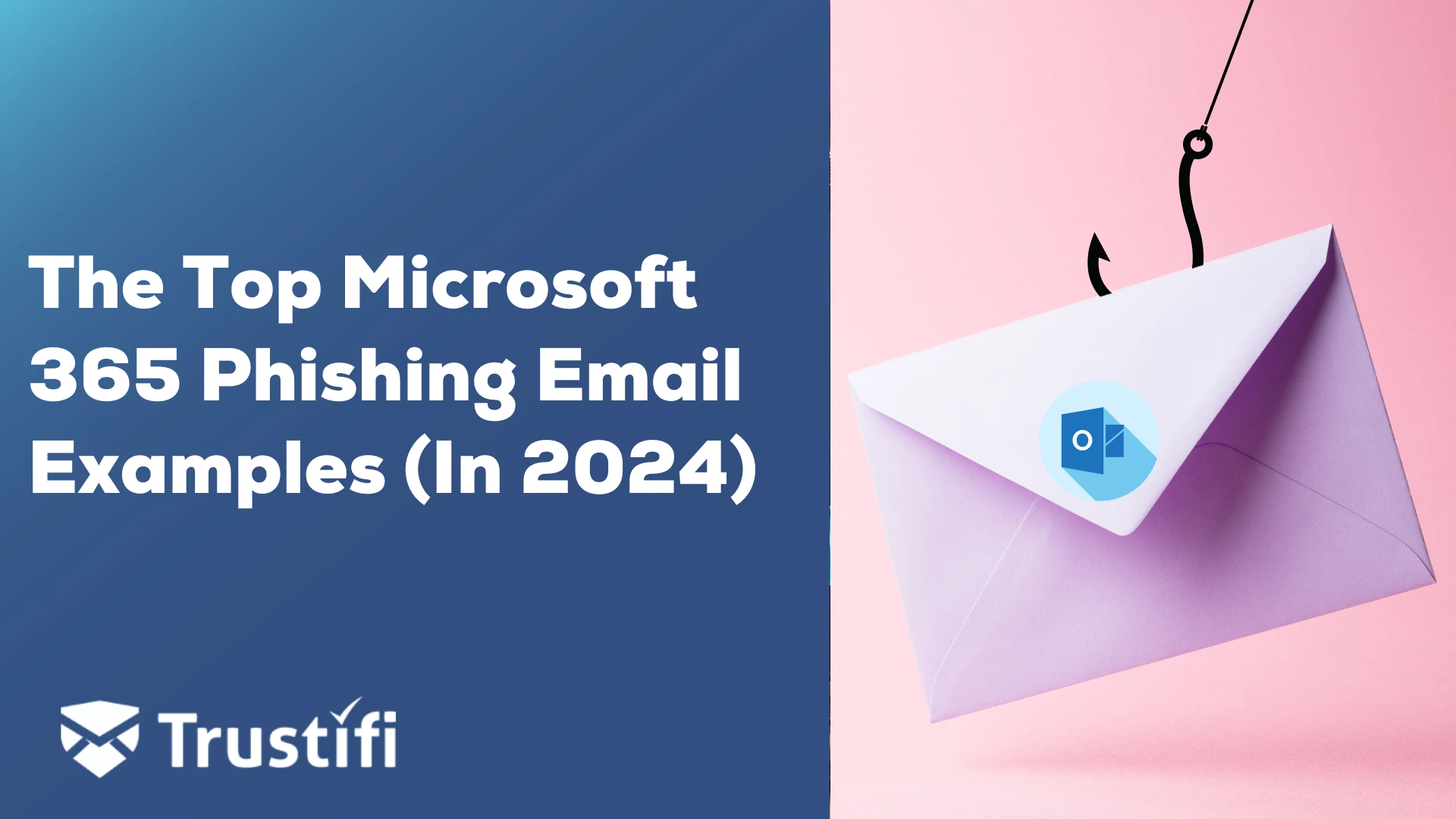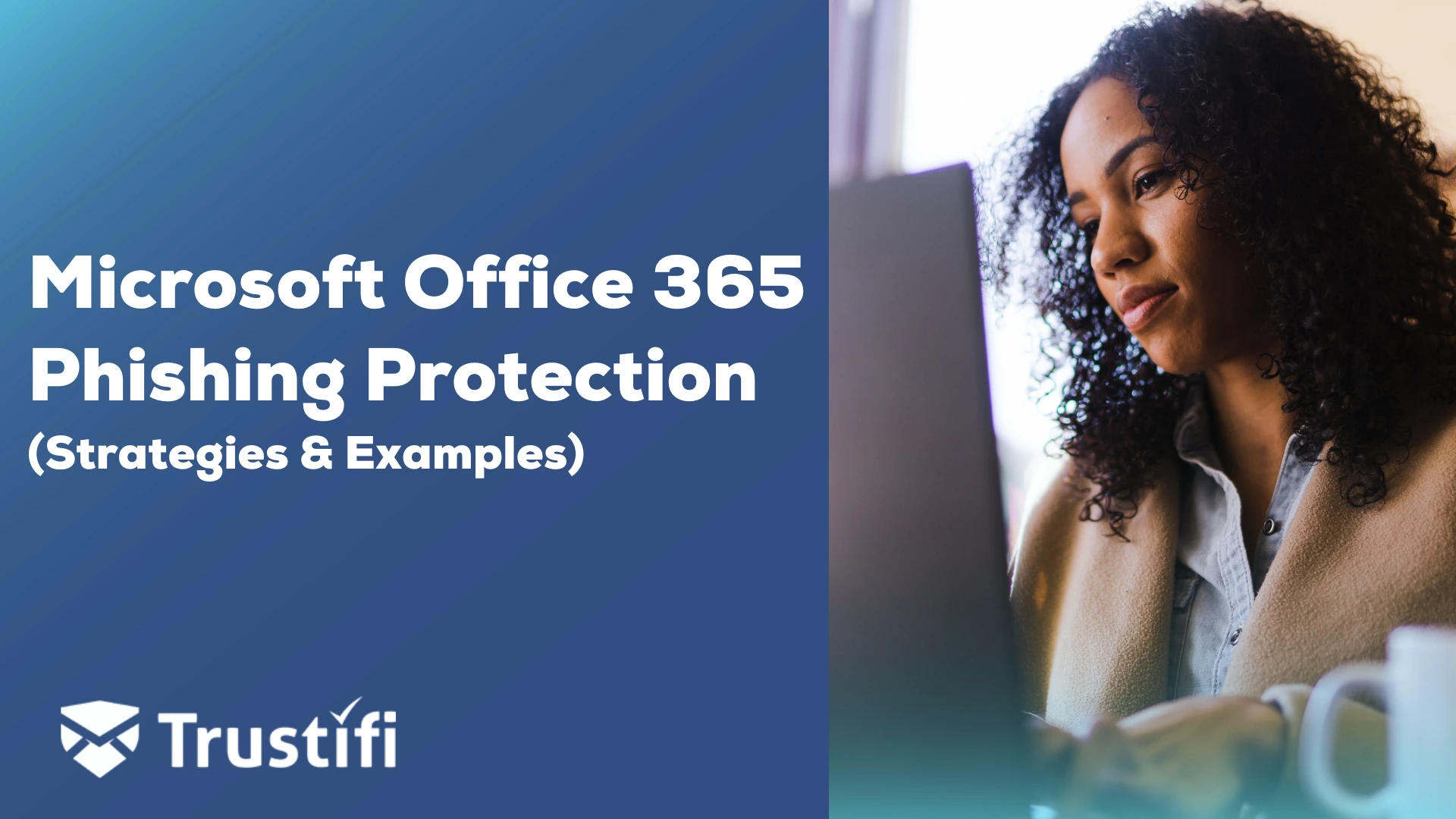Recently, a dramatic shift in bulk spam emails has been used in targeted email phishing campaigns. Such attacks have caused substantial global brand, financial and operational damage to organizations.
Phishing Attack Velocity Increasing in 2023
A phishing attack involves a straightforward masquerade method. The aim is to lure victims into giving up their details by pretending to be someone else. The cybercriminal often poses as a manager or supervisor from many legitimate companies offering gift cards, tax refund assistance, and other special deals.
Phishing attempts will be around for a while. And even though some security experts predict phishing attackers will decrease their efforts this coming holiday season, they’re likely to ramp up again in 2023 (read the must-know phishing statistics here).
These scam artists are so successful because they know how to manipulate people into clicking on misleading URLs, enabling the risk of identity theft from these phishing scams. They threaten, offer compliments, threaten jail, and promise rewards to unsuspecting victims. They do these things because they understand how humans work. Humans are vulnerable to these tactics, including phone scams. Often, people will not report these scams to a government or law enforcement agency. We’ll believe them if they sound sincere. Many romance scam victims start with an unsolicited email claiming to know the victim from school or a previous employer.
Fraudulent Attempts Become Focus on Specific Groups
Cyber attackers have improved their methods to include targeted, personalized cyber-espionage campaigns. These types of cyber espionage campaigns target specific people within organizations and are highly personal, including tax scams against college students for failing to pay their student loans. Posing as a student loan debt relief agency, the cybercriminals, in an urgent request, convinced the victim to relinquish additional personal information, including their social security number, mother’s middle name, and parent’s home address. These details give the hackers enough data to open credit under the victim’s name.
Clones of websites often use stolen login credentials to access user accounts. They may also create fake one-click shopping sites that offer large discount coupons for credit card details.
Phishers use cybercrime techniques, including suspicious phishing emails, to steal money from people and ensure that these schemes thrive; they don’t think rationally or ethically.
Targeting the Elderly with Email Scams.
Seniors often will use email to send out requests for help. Many seniors believe that their identity and private data will be safe. A couple of years ago, the FBI stated that senior citizens’ teams over sixty experienced around $1.7 billion in losses because of fraud. Elderly abuse frequently occurs, specifically to disabled people. Children of the victim often send reports of abuse to various healthcare and social service agencies, including law enforcement. Many of the fraud attempts came through the email channel. Some of these scams include:
- Romantic scams
- Suspicious emails from people impersonating family members
- Grandparent scams
- Preying on social isolation
- Elder fraud scams.
Email Encryption helps these vulnerable older folks from being hacked.
Small-Business Email Attack Becoming More Complex
Phishing is the number one attack vector against small to medium-business email users. Cybercriminals continue to strengthen malicious threats, making it difficult to distinguish between legitimate messages and authentic communications. Only by improving user awareness and proper training can small businesses hope to add proactive detection and blocking mechanisms to prevent these cyber crimes.
Trustifi provides visibility into all email-based attacks.
Trustifi’s email security services feature a comprehensive suite of tools for advanced threat protection, data loss prevention, and enterprise email encryption.

- Enables email authentication for both inbound and outbound emails.
- Protects against data loss through the email channel.
- Enables rapid response to threats and attacks.
- Advanced Threat Protection
- Malware and ransomware virus detection, prevention, protection, and alerts
- Spoofing, phishing, and fraud detection
- Allow Listing and blocklisting options
Trustifi ease-of-use setup and up-keep
Clients realize Trustifi offers a market-leading data loss prevention module with their outbound protection shield solution. Fully integrated, the Trustifi In-bound shield™ and outbound DLP modules work seamlessly together. With One-Click Compliance™ and encryption, the platform is easy to maintain.
Why Trustifi?
Trustifi is a cyber security firm featuring solutions delivered on software as a service platform. Trustifi leads the market with the easiest-to-use and deploys email security products, providing both inbound and outbound email security from a single vendor.
As a global cybersecurity provider of both inbound and outbound email protection, Trustifi currently supports customers from countries including the USA, Canada, Brazil, the Dominican Republic, the UK, the Netherlands, India, the UAE, China, and Japan, Cyprus, the Philippines, and more. The company has also developed “One-Click Compliance” capabilities that cater to world security regulations, including PDPO for Hong Kong, POPI for South Africa, GDPR for Europe, and LGPD for Brazil.



